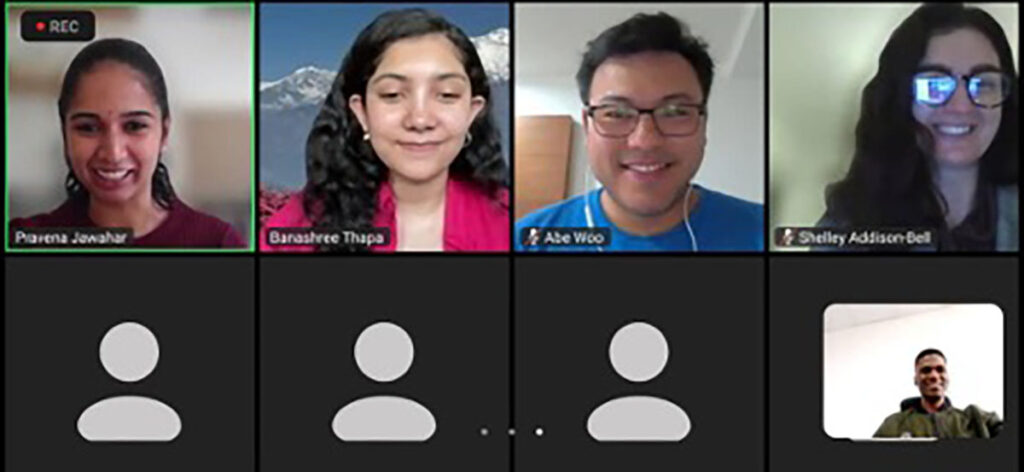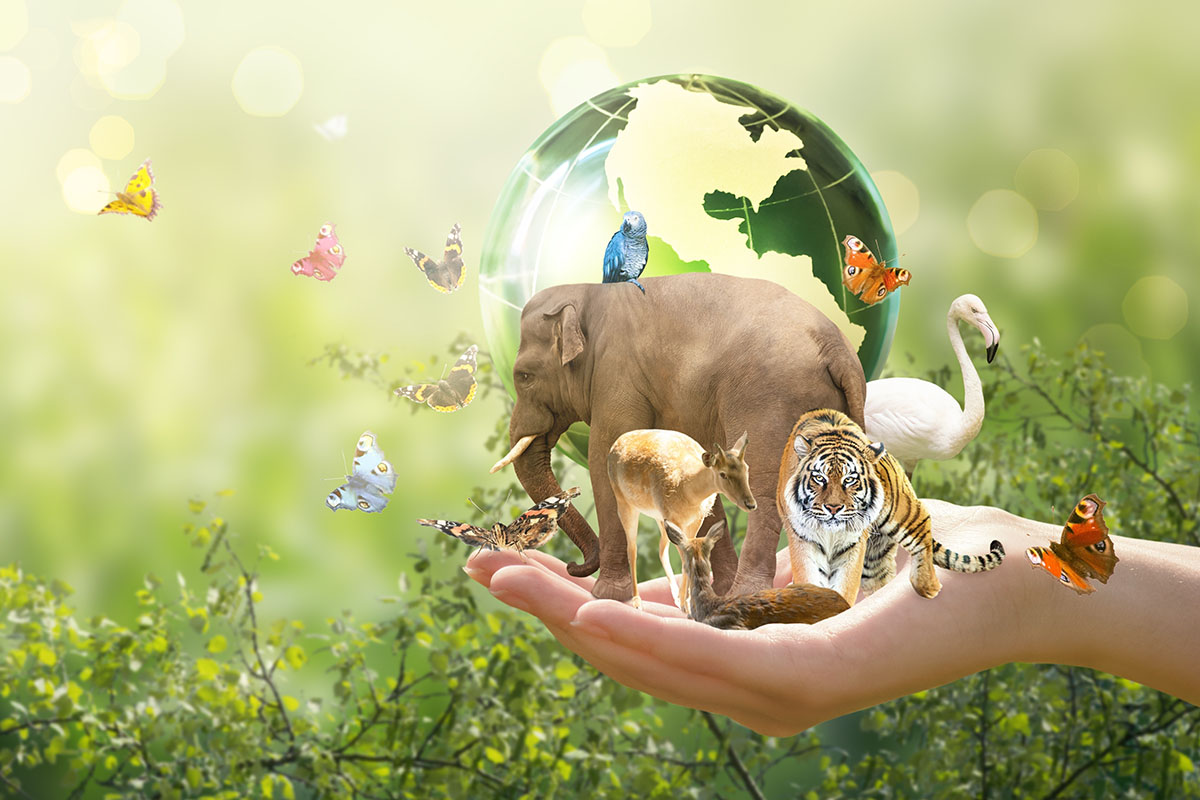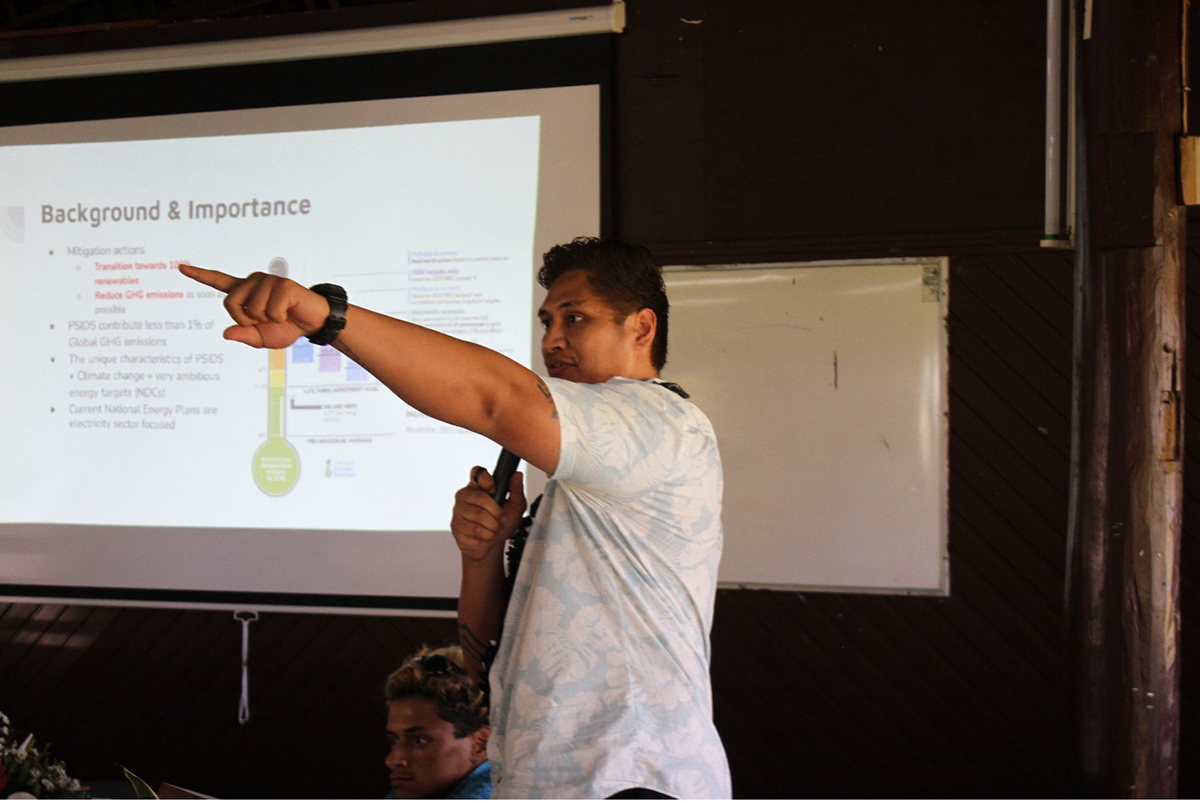Biodiversity Conservation: Bridging Science and Action on International Day of Biological Diversity
August 25by Pravena Jawahar, Ocean Youth Working Group, Vice-chairperson/Administration and Strategy Lead
On the International Day of Biological Diversity, the Ocean Youth Working Group (OYWG) organised an insightful webinar titled “Biodiversity Conservation: Bridging Science and Action.” The event brought together experts, activists, and young leaders to discuss the pressing challenges and innovative solutions in marine biodiversity conservation. OYWG hosted two experts, Dr Abe Woo Sau Pinn, a researcher at the Center for Marine and Coastal Studies (CEMACS), Science University of Malaysia, as well as Ms Banashree Thapa, Research Lead and Portfolio Manager at Earthly.
The central theme of the webinar was the imperative for a collaborative approach to biodiversity conservation, one that seamlessly integrates scientific research with practical action. The discussion illuminated how essential it is to understand the complexities of marine ecosystems through scientific inquiry and implement practical solutions that address these challenges on the ground.
Speakers at the webinar delved into the pressing challenges facing marine biodiversity. Ocean warming, acidification, and deoxygenation were highlighted as significant threats that disrupt marine life and ecosystems. These phenomena, driven largely by human activities such as greenhouse gas emissions and pollution, pose severe risks to marine biodiversity. Both Dr Woo and Ms Banashree emphasised that addressing these challenges requires comprehensive strategies that include mitigation of contributing factors and adaptation measures to protect marine life.
The webinar also highlighted the crucial role of youth in biodiversity conservation. Young people are not only passionate about environmental issues but also bring innovative ideas and energy to conservation efforts. The speakers encouraged young participants to find a passion-driven approach to biodiversity conservation and to dedicate themselves to solving environmental challenges. It was noted that while the youth are already making significant contributions, they need more support and resources to scale up their efforts and make a significant impact.
The “Biodiversity Conservation: Bridging Science and Action” webinar successfully underscored the need for integrated, collaborative approaches to marine biodiversity conservation. By combining scientific research, indigenous knowledge, practical action, and emerging technologies, we can develop more effective strategies to protect our oceans. As we continue to face the global biodiversity crisis, such collaborative efforts are crucial in ensuring a sustainable future for our planet’s marine ecosystems.

Photo credit: Pravena Jawahar
To join the OYWG as a member, submit your interest in the Commonwealth Youth Climate Change Network using this link.
To follow further discussions and updates on climate change, events, and opportunities, check out our social media pages:
LinkedIn, Instagram, Facebook, and X(Twitter)




